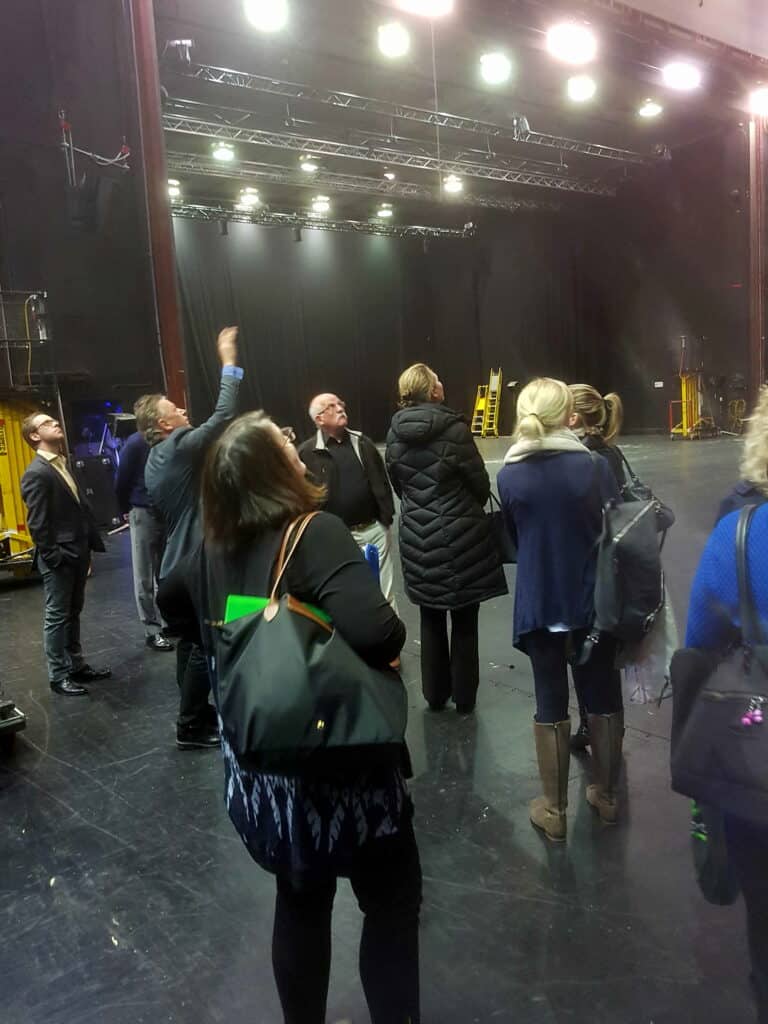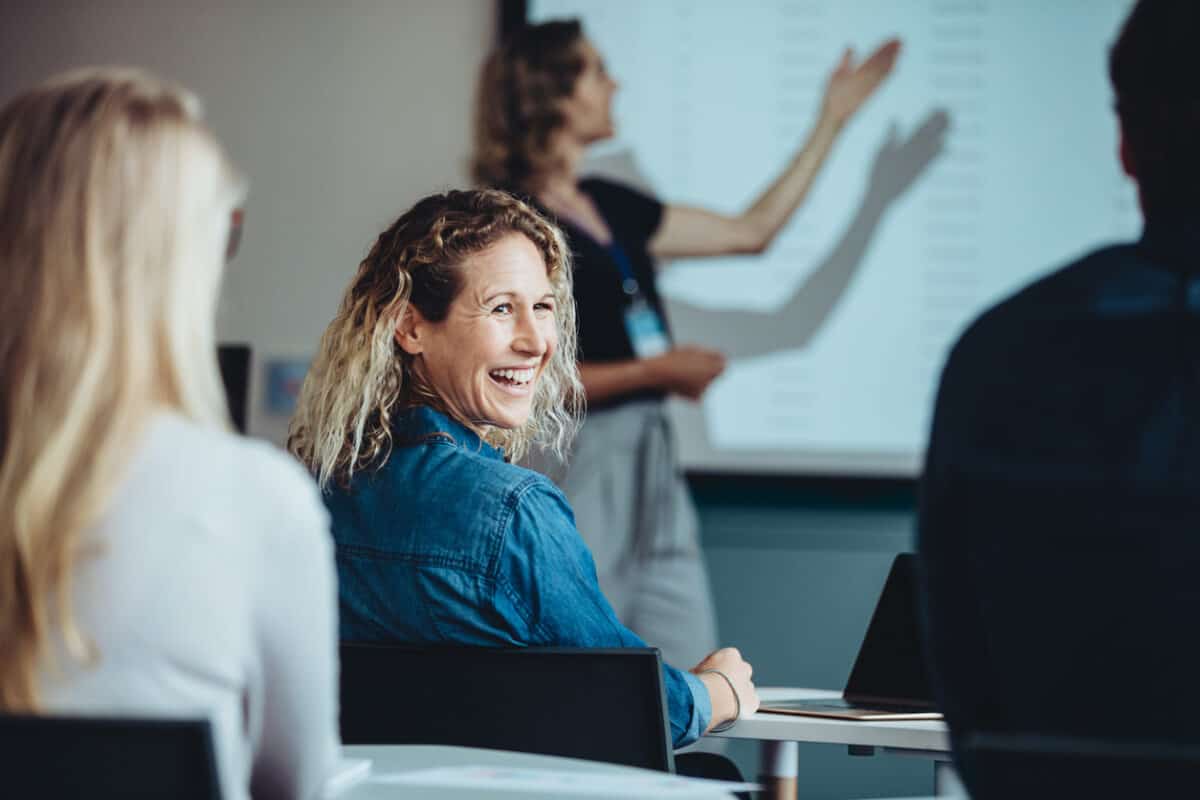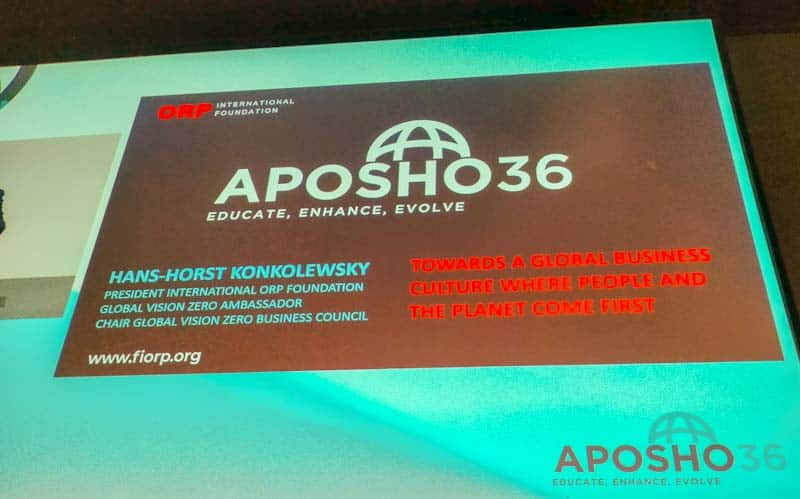Over the last few months, various seminars from law firms and others have focussed on how to comply with new and impending occupational health and safety regulations related to psychosocial hazards at work. Over the last fortnight, I attended two such seminars; they were as different as chalk and cheese, even though both had strong voices from lawyers, illustrating the sources of some of the confusion over the issue felt by some employers.
Category: training
OHS and management courses
Research findings that a sample of business and management courses have little to no OHS content are not surprising and match what has now become fashionable to call “lived experience”. Part of the reason for the findings is that the number of undergraduate courses in OHS has declined, and those that did exist were not often recognised as “management” courses, although OHS can be little else. They were certainly not “integrated” with other traditional management approaches.
Part of the reason, I like to think, is because OHS principles challenge the ethics underpinning business management courses and concepts. OHS would say that workers are people and not “units of labour”. If workers are people for whom we are supposed to apply dignity, respect and care, how can Business exploit the worker’s labour, loyalty and goodwill in order to maximise profits or shareholders’ returns, which are supposed to be the main purposes of modern business?
Some good presenters, some great, but OHS conferences need more work
What was missing most from the recent conference of the Asia Pacific Occupational Safety and Health Organisation was a strong Asia-Pacific voice. Certainly, there were presentations by Asian OHS professionals and some westerners working in Asia, but the keynote speakers were almost from Anglo-European cultures. This made it hard to understand if the conference was designed for Asian safety and health professionals to learn from us or for Australians to learn from them. Perhaps it was just for all of us to learn as a profession.
Some of the keynote speakers offered universal suggestions for improving the management of workplace health and safety, but perhaps these were so universal as to be generic or safe. For instance, one of the greatest challenges for the Asian region, in particular, is ensuring the safety of migrant workers. There was one mention of the deaths of the World Cup construction workers, and that was in passing.
Below is a summary of the conference and some of the occupational health and safety issues (OHS) raised.
More bravery is needed on workplace mental health
The bookshops I visit often have two sections of books marked Business and Management. These categories are interchangeable for occupational health and safety (OHS) purposes, but the shopowners and/or publishers differentiate. Both categories have self-help books – leadership varieties, how to be a better manager, how to make lots of money really quickly (without apparently anyone being exploited!!). Books discussing mental health are in both categories, and three, in particular, seem to show the potential for improvement in mental health and the self-imposed limitations to achieving this.
60th Anniversary Central Safety Group Lunch
In the olden days, PC (Pre-Covid), a group of occupational health and safety (OHS) professionals, advocates, and the curious, would meet on the second Tuesday of each month in-person in various locations in and around the City of Melbourne to connect, chat, complain, sympathise and learn about OHS. The Central Safety Group also held annual visits to infrastructure projects under construction, tea factories, TV stations (pictured above), Arts Centres (pictured below), brothels (no pictures taken) and other workplaces to better understand the complexity of managing people’s safety and health.

In the middle of Work Health and Safety Month, CSG is holding a special celebratory lunch in the Victorian Parliament House Dining Room on October 14. (Book HERE) This event is open to anyone interested in all facets of OHS and will have special guest speakers, including:
- David Caple AM – world-renowned Ergonomist,
- Dr Narelle Beer – Executive Director of WorkSafe Victoria, and
- Barry Naismith – OHS specialist, writer and local OHS historian
The Central Safety Group has been operating continuously for 60 years, making friends, making connections, rendering assistance and, for every one of those meetings, hearing directly from local and international experts. The CSG is open to anyone on a casual basis, but, of course, a (low-cost) membership is encouraged.
The man on the stair who isn’t really there
On August 26 2022, Australia’s Minister for Employment and Workplace Relations, Tony Burke, spoke at a union conference. This is not an unusual event for Ministers, but the timing of Burke’s address was less than a week before a major Jobs and Skills Summit – the hottest political event in town at the moment. The transcript of the speech provides clues and hints as to how occupational health and safety (OHS) may or may not be discussed.
There is an early indication that safe workplaces are important (heart skips a beat), but then it seems shunted to the side. Burke said:
Online training, offline training. What gives?
Occupational health and safety (OHS) training has been forced to revolutionise over the last couple of plague-ridden years from face-to-face in a room to face-to-face online through Teams, Zoom and many other variations. Traditional “in-Room” training is sneaking back, but the majority remains online. However, OHS training providers in Victoria feel they are being pulled from pillar to post by WorkSafe Victoria.







